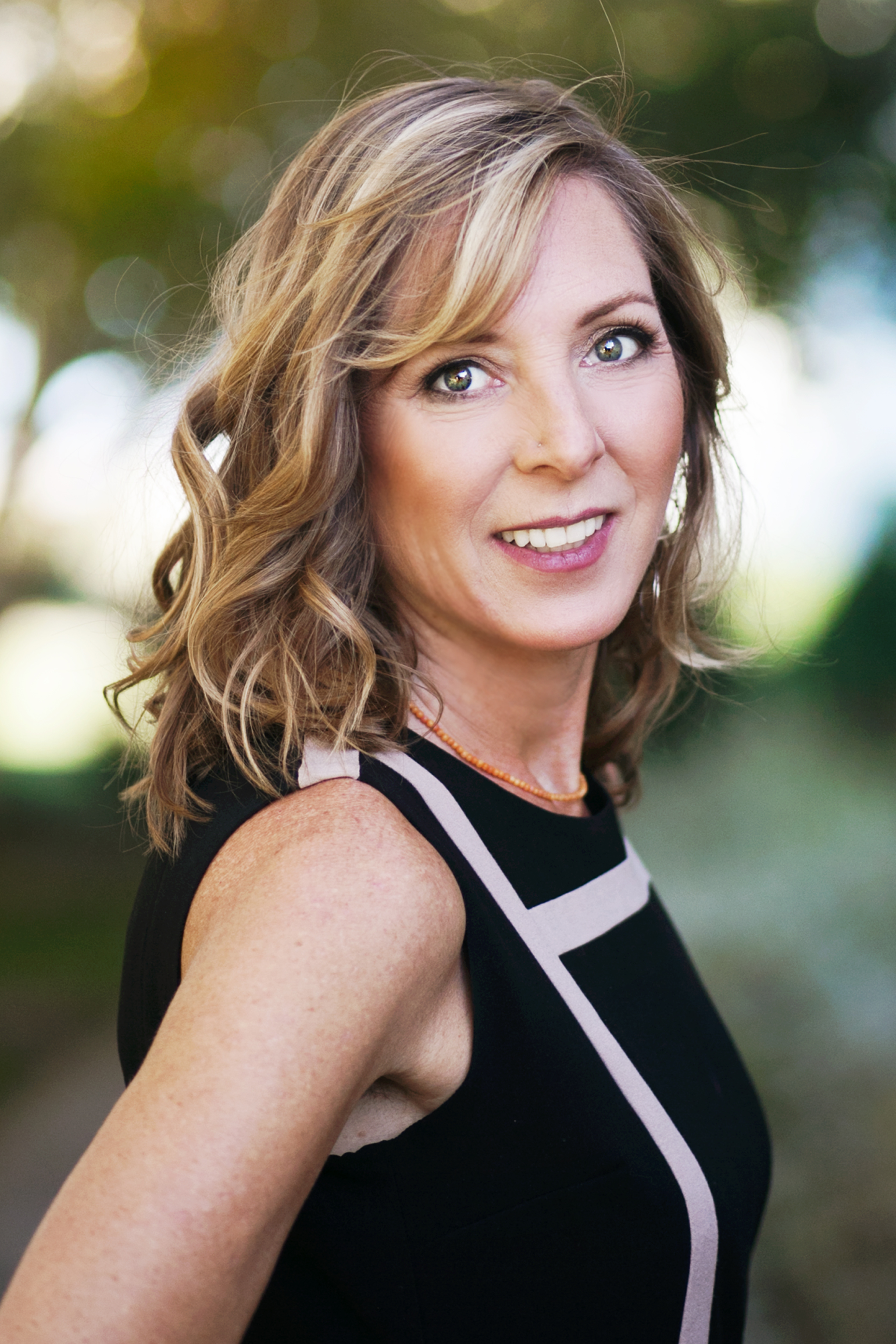 Watching her home state burn from drought this past summer fueled Kristin Hull’s passion to change the face of finance more than ever. As a woman leader in a male-dominated industry, she is leading the impact investing charge by educating investors and other advisors on a sustainability-focused approach to portfolio strategies. At the same time, she is shaping opportunities for women as financial services industry professionals through Nia Impact Capital (Nia), the B-Corp asset management firm she founded in January 2018.
Watching her home state burn from drought this past summer fueled Kristin Hull’s passion to change the face of finance more than ever. As a woman leader in a male-dominated industry, she is leading the impact investing charge by educating investors and other advisors on a sustainability-focused approach to portfolio strategies. At the same time, she is shaping opportunities for women as financial services industry professionals through Nia Impact Capital (Nia), the B-Corp asset management firm she founded in January 2018.
Nia Impact Capital is the first business to receive GEN (Gender Equity Now) certification. The GEN Certification is the first data-driven standard for gender equity businesses in the United States. Created by a consortium of award-winning data analysts, experts in the field of gender studies and a research team at the University of Washington, GEN Certification recognizes companies whose practices and processes support gender equality.
“Changing the face of finance is our philosophy, because we recognize that this has been a white-male run industry,” said Hull. “We’re working to change that with our hiring, the way we practice, our partnering, and who we do business with.”
Helping Women Find Their Voice
For Hull, who grew up in the 1970s in Oakland, Calif., change begins with evolving the way women discuss finance at an early age. She believes that a lack of access to female mentors and the lack of understanding of how to align values with the investment process could be at the root of the gender gap in the industry.
Nia provides education and tools for women to find their voice and encourages female clients to move their money into alignment with what they believe in. After observing a severe lack of investment education that prohibited women from taking control of their finances Hull decided to approach them in a manner that helps them to feel safe, and smart. The timing for her workstyle could not be more significant.
Hull’s female clients divulge how their advisors have disregarded their concerns and considerations when it comes to integrating their values into their investments. She promotes the idea that there is a need for a female approach to this business, and that the clients will respond positively. “Marrying women advisors with women clientele directly leads to a more inclusive atmosphere.”
“The type of investing we do is more intimate. It’s being very proud of every single company in your portfolio,” said Hull. This intimacy, she believes, will increase as women embrace financial advisory as a profession.
Financial advisory as a career, however, is still slow to catch on with women. Less than 40 percent of advisors are female (according to the Bureau of Labor and Statistics, 2016). Despite this, Nia actively engages in conversations with young women to motivate, empower and inform them on the markets and investing.
For young women, their chance to change the face of finance can start while they’re in college, and even high school. The team at Nia offers training and mentorship services that enable interns to put feminism into their finances and ethically transform the way they view investing.
Kristin Hull hopes “Nia Impact Capital will set an industry standard for others to emphasize gender equality on the same scale.”
How Nia Makes Portfolio Decisions: Connecting The Dots
“We don’t start with leadership, we start with a company’s product and services and we make sure they work for people and for the planet and that the revenue is moving toward the next solution for the sustainable economy,” said Hull. When it comes to corporate leadership she looks for expertise as well as diversity. In Hull’s experience diverse teams, including generational diversity, make better decisions overall.
According to a 2018 McKinsey report, gender diversity is correlated with both profitability and value creation, and the data revealed a positive correlation between gender diversity on executive teams and financial performance.
Positive performance in impact investing still receives its fair share of criticism and the Nia team is working to eliminate pre-conceived negative notions. They connect all the dots in sustainability, so investors and advisors can envision the big picture outcomes when structuring their portfolios.
“Whether it’s incorporating ESG data or practicing SRI, it’s time for the industry to raise its consciousness and dig deep to see how companies are treating their employees, using their resources and working with their partners. “The time to connect the dots is now,” commented Hull.
Hull’s views promote sustainability at every stage of the investment process, so that “giving back” is a constant. Like many women leaders in sustainable finance, she is actively integrating her outlook into her investment decisions.
Women investors cannot shift intergenerational mindsets alone, however. Young investors, and members of the financial community hailing from all genders, will be required to promote inclusion, diversity and sustainable business practices.
“I think women and millennials will lead major change and will lead conversations that start with asking: how much income and revenue is enough?” ventured Hull. “I think younger generations are looking for a new efficiency where it is possible to earn investment income by investing in things that are value aligned as well.”
Paul Ellis founded Paul Ellis Consulting to work with financial advisors who want to integrate sustainable and impact investment strategies for their clients. Kristina Markos, M.L.S., is a senior communications professional specializing in finance and sustainable themes. She also teaches graduate and undergraduate communication courses at Lasell College.